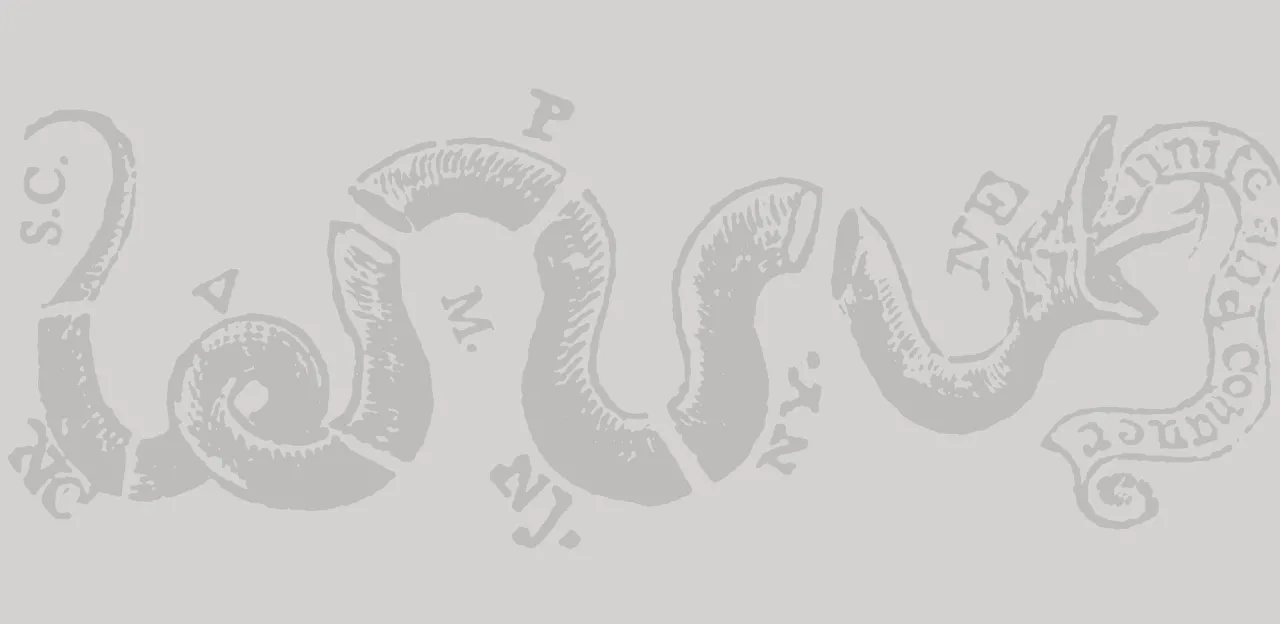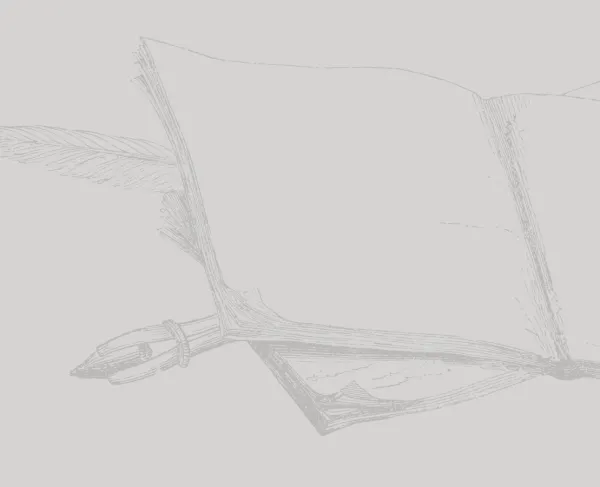Bunker Hill: "My Brother was Missing"

Joseph Warren was a prominent leader in the Sons of Liberty and the Provincial Congress in Massachusetts in the early days of the American Revolution; he died during the Battle of Bunker Hill on June 17, 1775.
John Warren—Joseph's brother—kept a diary and these are selected entries as he wrote about Bunker Hill and worried and then later knew his brother's fate.
June 17, 1775.—This day,—a day ever to be remembered by the United American Colonies,—at four o’clock in the afternoon, I was alarmed with the incessant report of cannon, which appeared to be at, or near Boston. Towards sunsetting, a very great fire was discovered nearly in a direction from Salem to Boston. At the beginning of the evening, news arrived that a smart engagement had happened in the afternoon, on Bunker Hill, in Charlestown, between the King’s regular troops and the Provincials. Soon after, we received intelligence that our troops were repulsed with great loss, and the enemy had taken possession of the ground, which we had broke the night before. I was very anxious, as I was informed that great numbers had fallen on both sides, and that my brother was in all probability in the engagement. I however went home with the determination to take a few hours’ sleep, and then go immediately to Cambridge, with my arms.
Accordingly, in the morning about two o’clock, I prepared myself, and went off on horseback, and when I arrived at Medford, received the melancholy and distressing tidings that my brother was missing. Upon this dreadful intelligence I went immediately to Cambridge, and inquired of almost every person I saw whether they could give me any information of him. Some told me he was undoubtedly alive and well, others, that he was wounded; and others, that he fell on the field.
This perplexed me almost to distraction. I went on inquiring, with a solicitude which was such a mixture of hope and fear, as none but one who has felt it can form any conception of. In this manner I passed several days, every day’s information diminishing the probability of his safety.
[Undated journal entry]
O ye blood-thirsty wretches, who planned this dreadful scene, which you are now forcing your blood-hounds to execute, did you but feel the pangs of heartfelt pungent grief for the cruel wounds you inflicted upon the tenderest part of the public, as well as individuals, you would have execrated those diabolical measures, which by your counsels have been adopted, and precipitated us into all the horrors of civil war.
Unfeeling wretches! Reflect a moment, if you have still one feature of humanity which is unobliterated from your minds, and view the helpless orphan bereft of its fond and only parent, stript of every comfort of life, driven into an inhospitable wild, and exposed to all the misery which is the result of your brutal violence, and forbear to weep if you can; but I defy you to show yourselves so refined in your darling acts of cruelty, as to be capable of supporting the shocking reflection....
Cover your heads with shame, ye guilty wretches. Go home and tell your blood-thirsty master your pitiful tale, and tell him that the laurel which once decorated the soldier has withered on his brow upon the American shore. Tell him that the British honor and fame have received a mortal stab from the brave conduct of the Americans; tell him that even your congress have but served to inspire the sufferers with fresh courage and determined revolution, and let him know that since that accursed day when first the hostile troops of Great Britain put their foot on the American shore, your conduct has been such as has operated in a continued series of disgraceful incidents, weak counsels, and operations replete with ignorance and folly. Tell him this, ye contemptible cowards; hide yourselves like menial slaves in your master’s kitchens, nor dare approach the happy asylum of once extinct liberty, for if ye dare, ye die.
March 21, 1776:
This day I visit Charlestown, and a most melancholy heap of ruins it is. Scarcely the vestiges of those beautiful buildings remain to distinguish them from the mean cottages. The hill, which was the theatre upon which the bloody tragedy of the 17th of June was acted, commands the most affecting view I ever saw in my life. The walls of magnificent buildings tottering to the earth below; above, a great number of rude hillocks, under which are deposited the remains, in clusters, of those deathless heroes, who fell in the field of battle. The scene was inexpressibly solemn, when I considered myself as walking over the bones of the many of my worthy fellow-countrymen, who jeoparded and sacrificed their lives in these high places. When I considered that, perhaps, whilst I was musing on the objects around me, I might be standing over the remains of a dear brother, whose blood had stained these hallowed walks, with what veneration did inspire me!
Source:
Journal entries by John Warren, accessed through Journal of the American Revolution: "John Warren's Loss of His Brother Joseph Warren," posted June 13, 2024.
Related Battles
450
1,054



